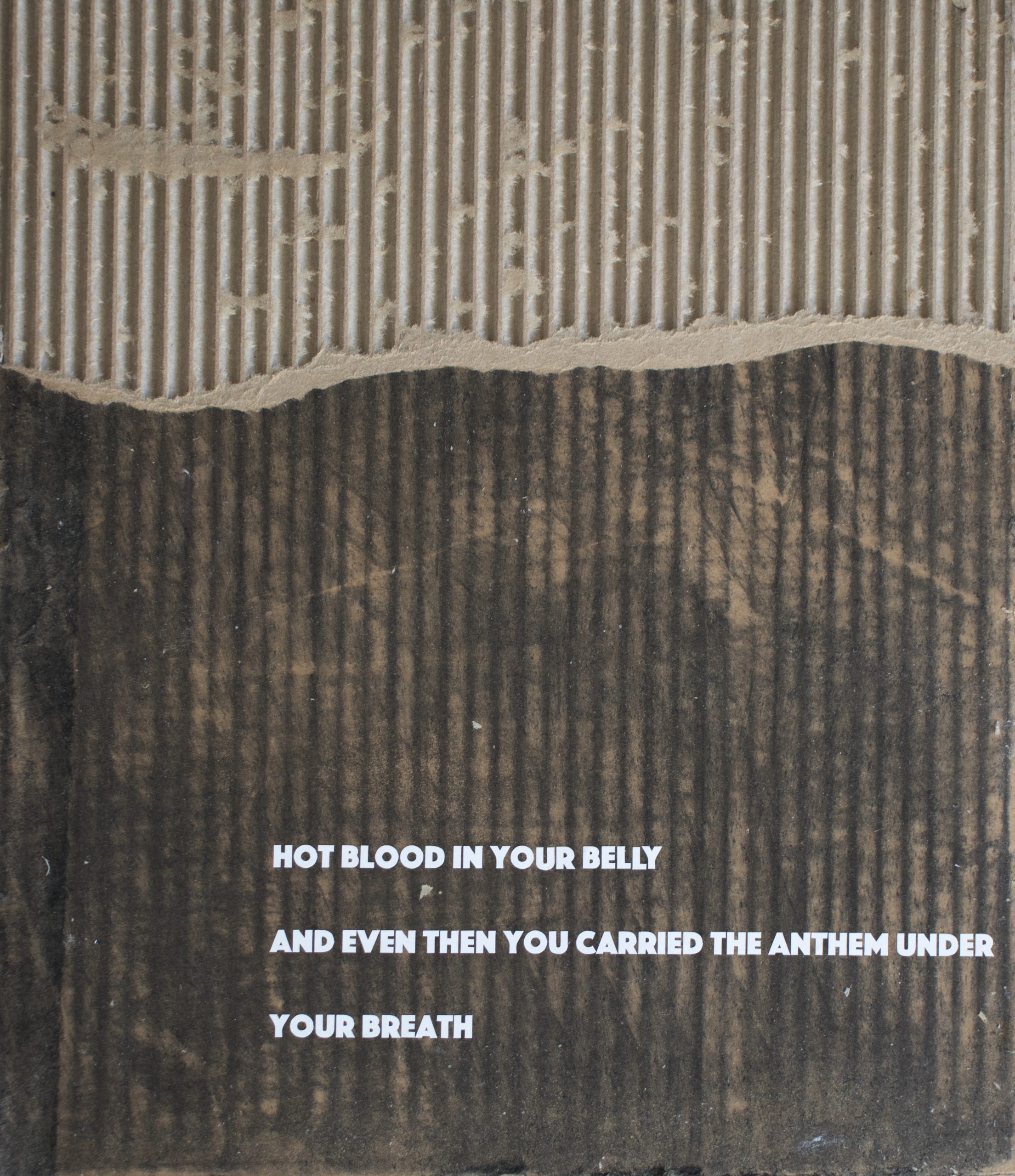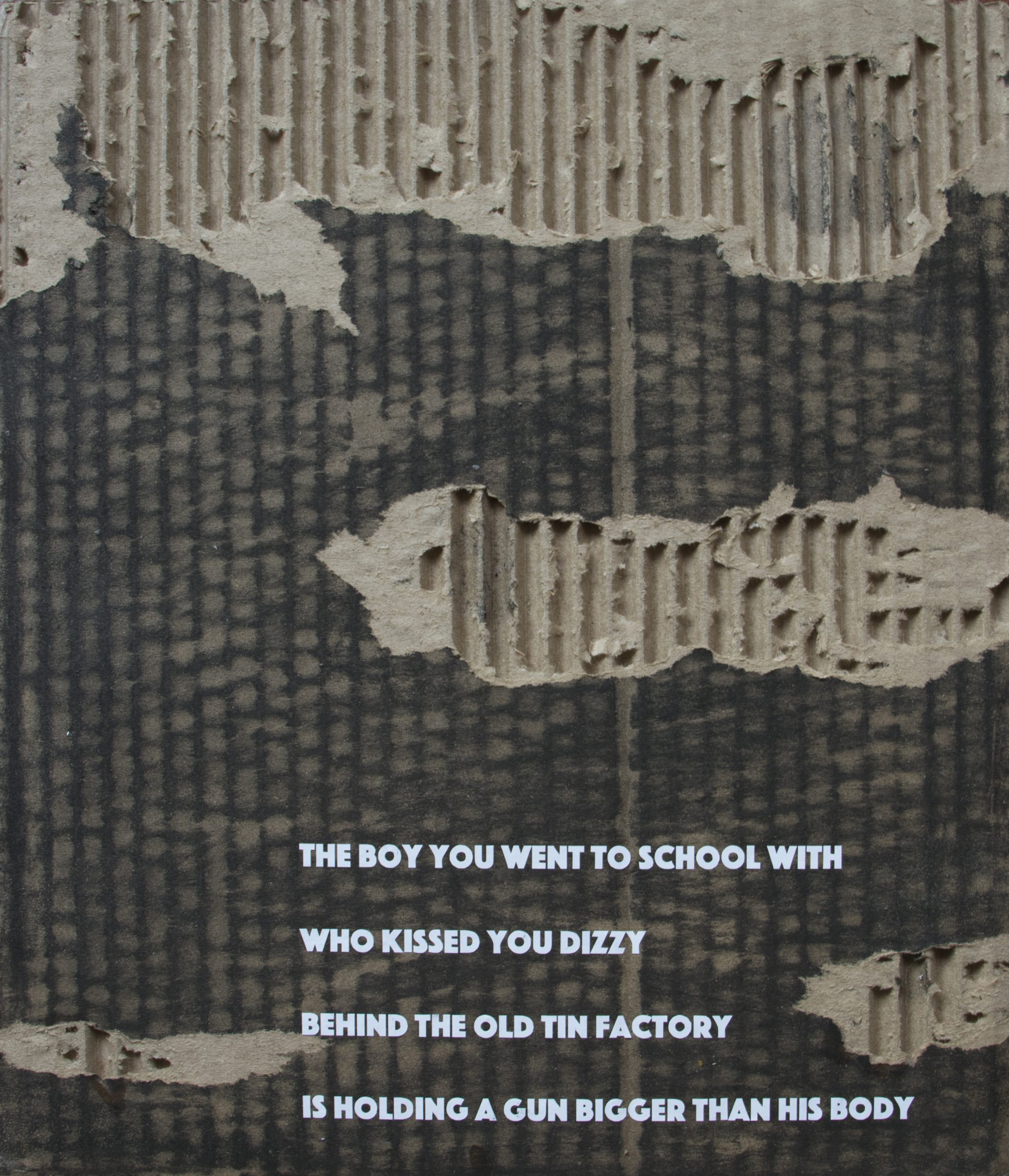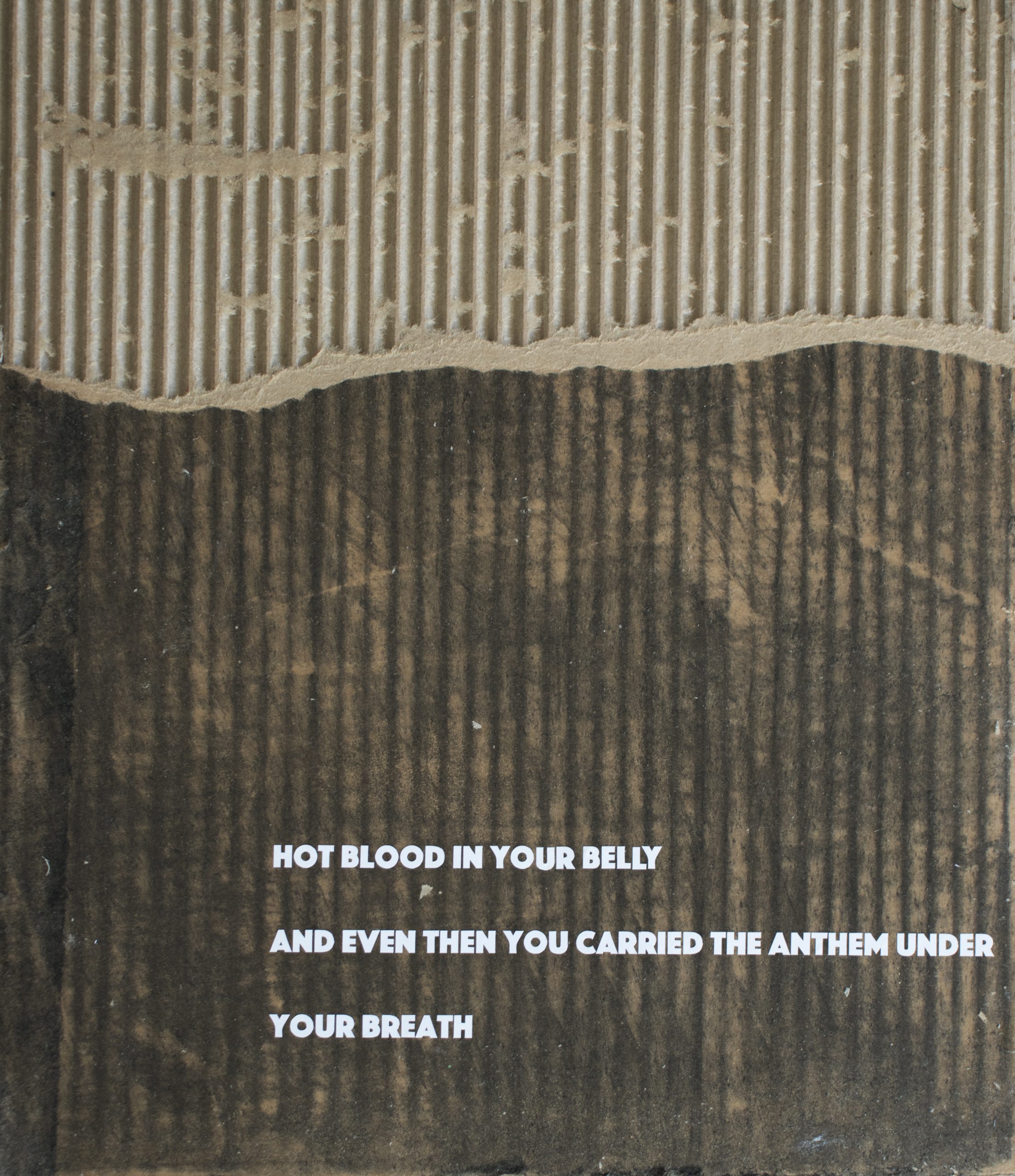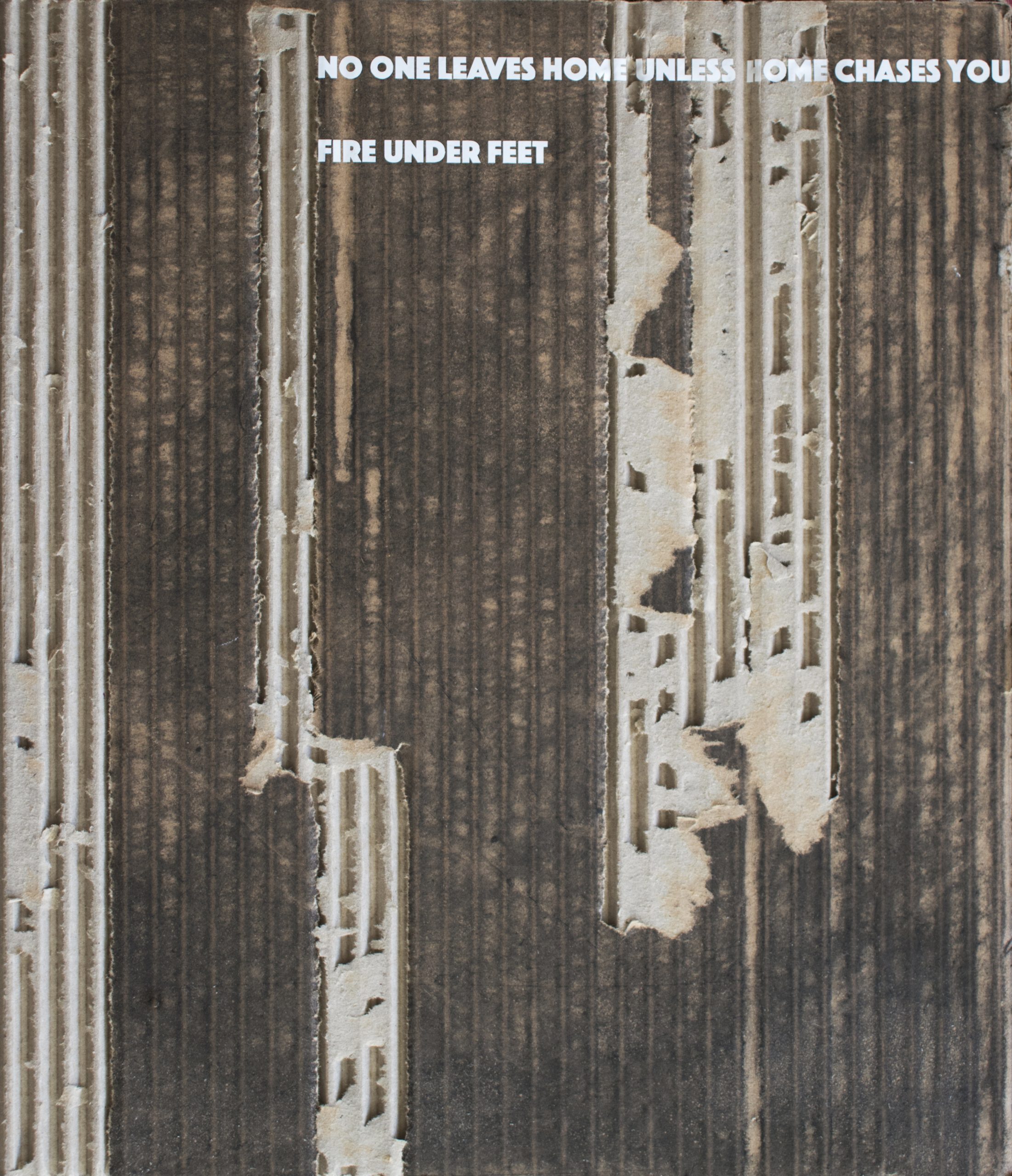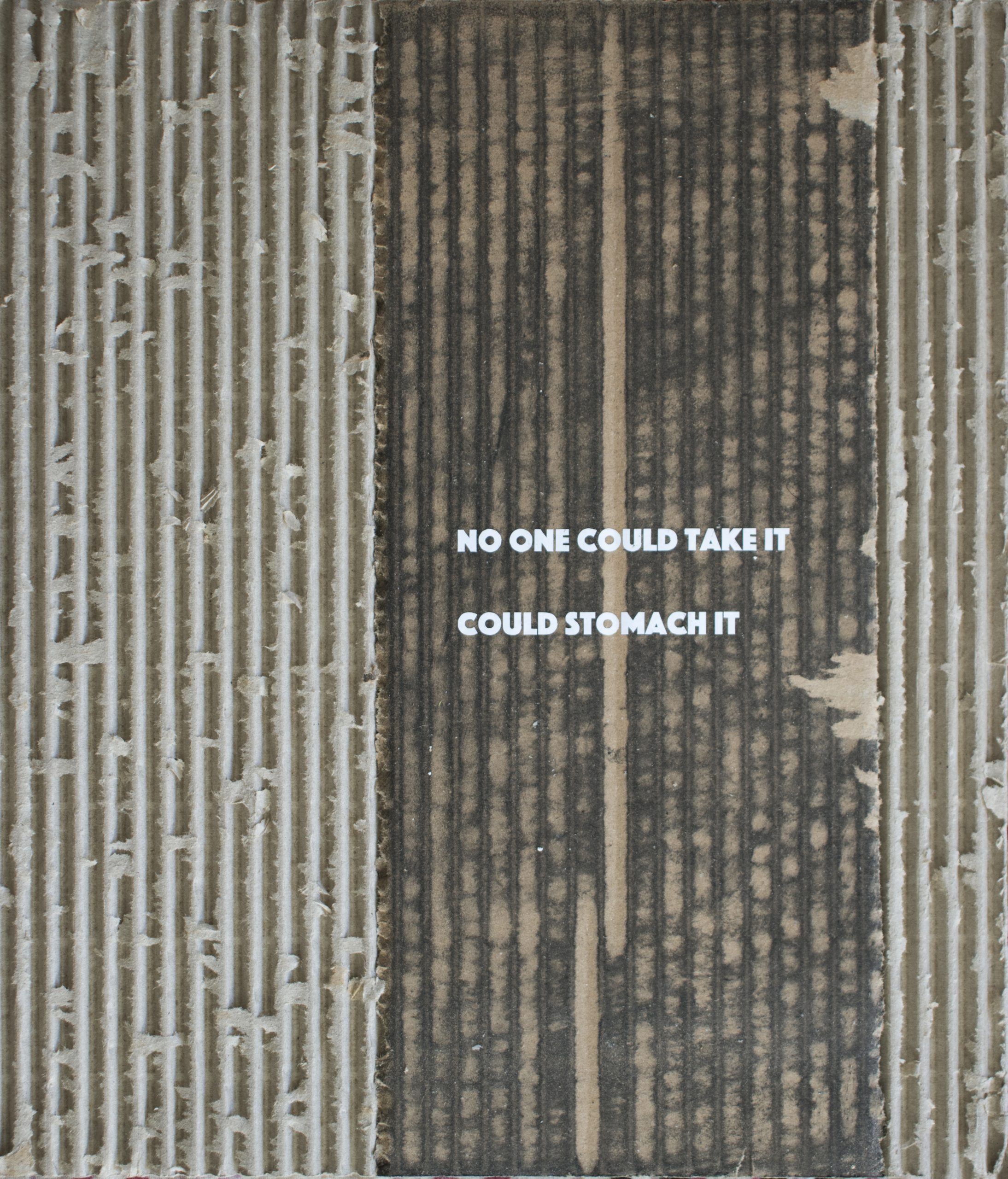Displacement, particularly in the field of migration and refugee studies, has long been described as a condition of uprooting followed by a total breakdown of social structure.
This has led displaced people to devise their own ways of perceiving and interacting with space, to establish their own points of resistance in the face of a global and powerful urban environment that is in every way different from the lands and cultures they have been forced to flee. Under these conditions, ‘home’ might be redefined to accommodate resistance tactics designed to cope with conditions of displacement, tactics that engage in a condition of rather continuous mobility and detachment. In this case, “home” might no longer be the stable, stationary physical manifestation that is concretely rooted in a specific “place”, but rather the “mobile symbolic habitat” that can be brought to the next place on the next journey.
This project addresses the notion of temporality or the fragile state of having a place to sleep in a foreign land as well as the notion of displacement or dislocation as a crsis at the heart of the project.
I quoted the poem “Home” by Warsan Shire, a Somali-British writer, poet, editor and teacher. Shire wrote “Conversations about home (at a deportation centre)” in 2009, a text inspired by a visit she made to the abandoned Somali embassy in Rome that some young refugees had turned into their home. This poem became the basis for “Home”.
